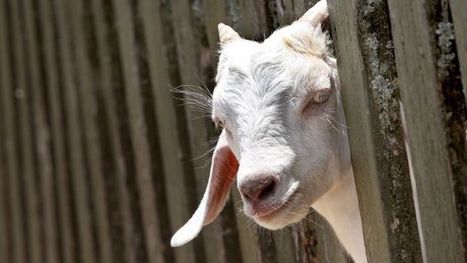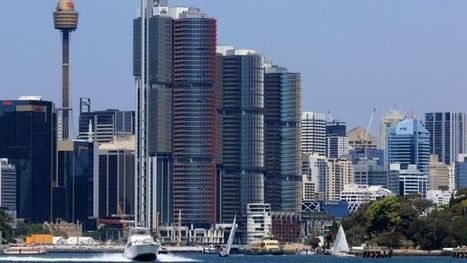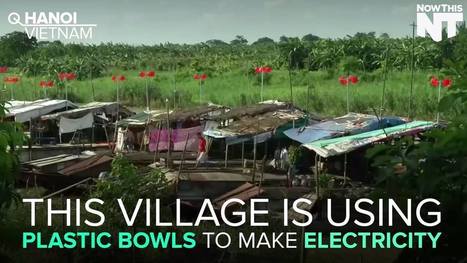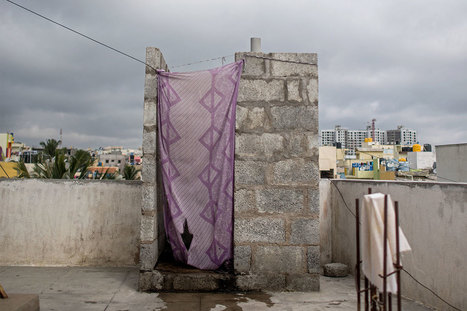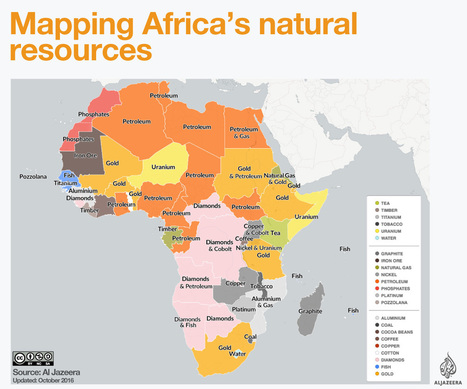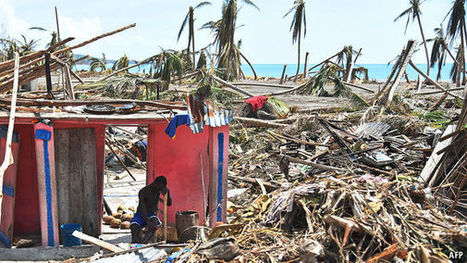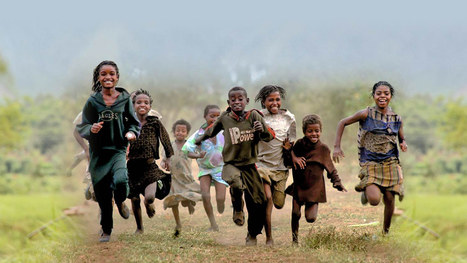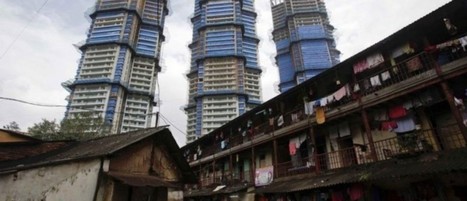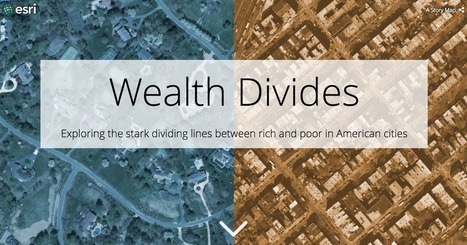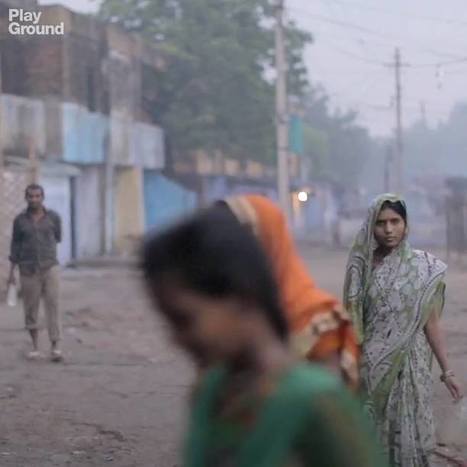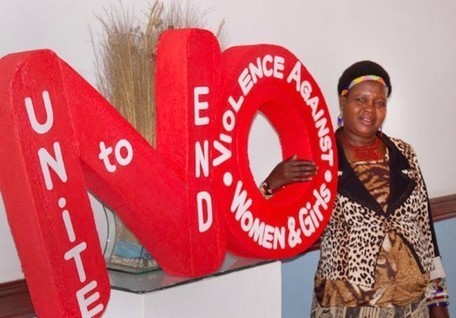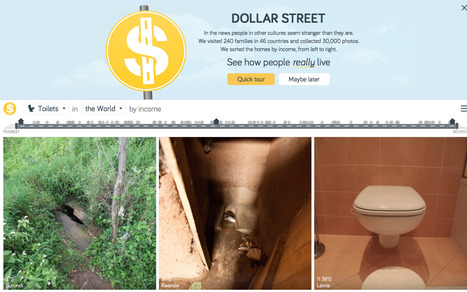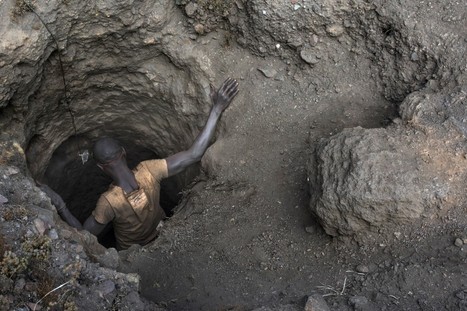The shortcomings of GDP, as a measure of what we want from an economy, are not a new discovery. But what are the alternatives?
Follow, research and publish the best content
Get Started for FREE
Sign up with Facebook Sign up with X
I don't have a Facebook or a X account
Already have an account: Login

 Your new post is loading... Your new post is loading...
 Your new post is loading... Your new post is loading...
Sally Egan's curator insight,
October 6, 2016 9:36 PM
This article provides a positive look at the advances made in global development measures.
|
David G Tibbs's curator insight,
March 29, 2018 3:36 PM
We take the luxuries that we have for granite and forget where it comes from, or who pays the physical price for us to have them. One example is electronics and the Congo. The Congo is a country filled with Colbolt which is critical to lithium batteries which powers majority of products that are rechargeable. The price they pay is unsafe mining conditions, indecent wages, and environmental hazards to local communities. 60 percent of the cobalt used today comes from the Congo, and while some companies track it to make sure its "clean" some companies do not check its origins. In 2010 there was a push to add cobalt to a list of resources that come from the Congo to be from a militia free mine. Individual companies have started to be stricter about where they get their Cobalt it's still not mandatory under international law. However with the demand for cobalt is increasing due to more electric power styling for vehicles and other products. In order to meet these demands the cobalt will continue to come from abused people until companies or international law limits and outlines how to deal with the cobalt question. 2
Douglas Vance's curator insight,
April 21, 2018 2:10 PM
Given the absurd amount of minerals present in the country, the Democratic Republic of the Congo should be basking in immeasurable wealth. However, as shown by this inetractive and enormously in-depth piece by the Washington Post, the country constantly struggles with child labor, water pollution, and widespread dangerous working condition because of the global demand for minerals like cobalt and copper.
David Stiger's curator insight,
November 10, 2018 4:05 PM
The Congo, like Venezuela, is another example of a post-colonial country rich in valuable natural resources whose people, ironically, live in abject poverty. The Congo is a victim of its own geographical blessings as the industrialized world's bottomless need for Congo's cobalt, copper, and other minerals has put this former colony of Belgium on the map. The Congo reportedly supplies half of the world's cobalt. With few other options for mineral sources, lithium-ion battery manufacturers turn a blind eye as Congolese "diggers" endure inhumane, dangerous, and unfair conditions to produce cheap cobalt. Companies have not reacted to this injustice because of a desire to maximize their profits. With Western consumers acting as indirect accomplices, China leads the pack of this neo-colonial process of exploiting the Congo for its valuable underground minerals. The Chinese companies offer so little money for the cobalt that workers are forced to put up with hazardous conditions and unbelievably low pay for their labor.
The problem lacks an easy solution because it is highly complicated by the forces of globalization and geographical factors. Congolese diggers obtain the raw materials, who sell it to Asian middlemen, who then sell it to big Chinese manufacturers. These manufactures produce rechargeable batteries to sell to Western companies like Apple and Samsung. These products are then sold all over the world. The long supply chain makes it difficult for consumers to feel and see how their actions are impacting the lives of other people. The companies who should be held accountable justify their business decisions because there are not sources of cobalt to turn to. If there were other sources, companies like Huayou Cobalt could turn to other sources that treat their workers better, forcing Congolese suppliers to raise their labor standards. A short-term remedy, it seems, would be to classify Congolese-based cobalt as a conflict mineral. Western countries should fine and punish companies that are linked to the unjust cobalt trade, forcing these companies to raise their standards. |





